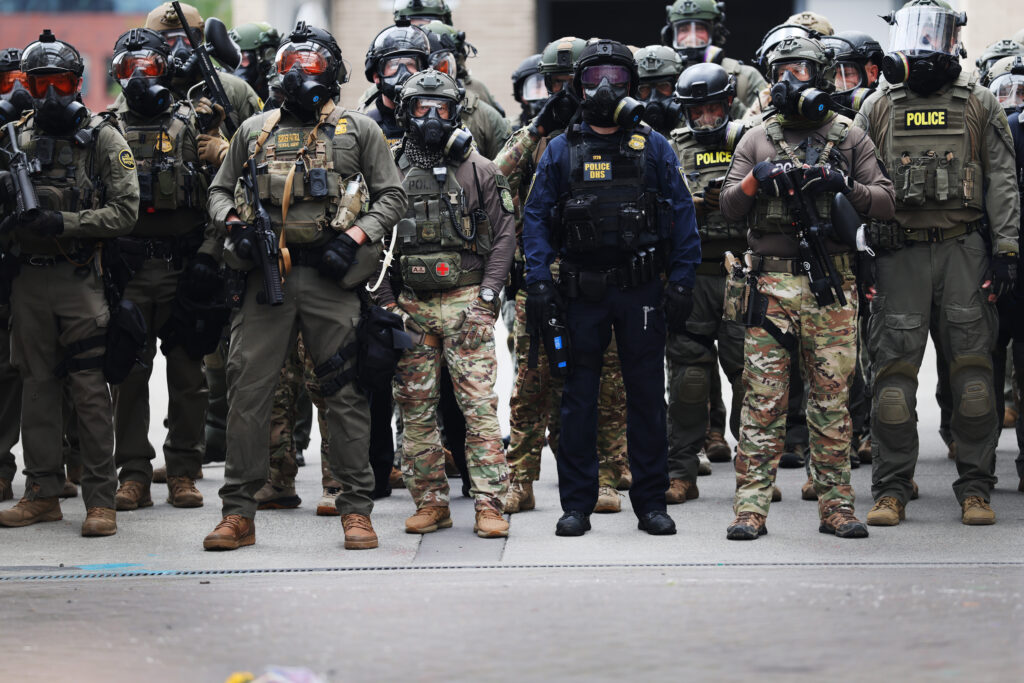
Legal scholars are voicing deep concern over a recent federal appeals court decision that effectively approved former President Donald Trump’s move to send National Guard troops into Portland, Oregon. The ruling, they argue, sets a dangerous precedent that could greatly expand presidential authority to use the military on U.S. soil — a move they deem unconstitutional and deeply troubling for American democracy.
The controversy stems from a 2-1 decision by a Ninth Circuit Court of Appeals panel, in which two judges appointed by Trump voted to overturn a lower court’s order that had blocked the deployment. The ruling allows Trump’s military presence in Portland to continue while further legal challenges play out, sparking widespread criticism from legal experts and civil rights advocates alike.
Critics argue the decision erodes the long-standing legal barrier between civilian and military authority, warning that it could pave the way for future presidents to use federal troops to suppress domestic dissent or political opposition. Constitutional scholars called the ruling “dangerous and legally flawed,” emphasizing that it undermines the Posse Comitatus Act — a law designed to prevent the military from being used for civilian law enforcement.
The legal community’s outrage highlights growing fears about judicial partisanship, as both of the judges supporting Trump’s position were his own appointees. Many experts say this pattern threatens public trust in the courts, especially when rulings appear to align with political loyalties rather than legal principles.
The case is now poised for a potential rehearing by the full Ninth Circuit, which could reverse or affirm the controversial decision. Until then, the ruling stands as a stark reminder of how deeply divided the judiciary has become — and how high the stakes are for the balance between presidential power and constitutional restraint.






